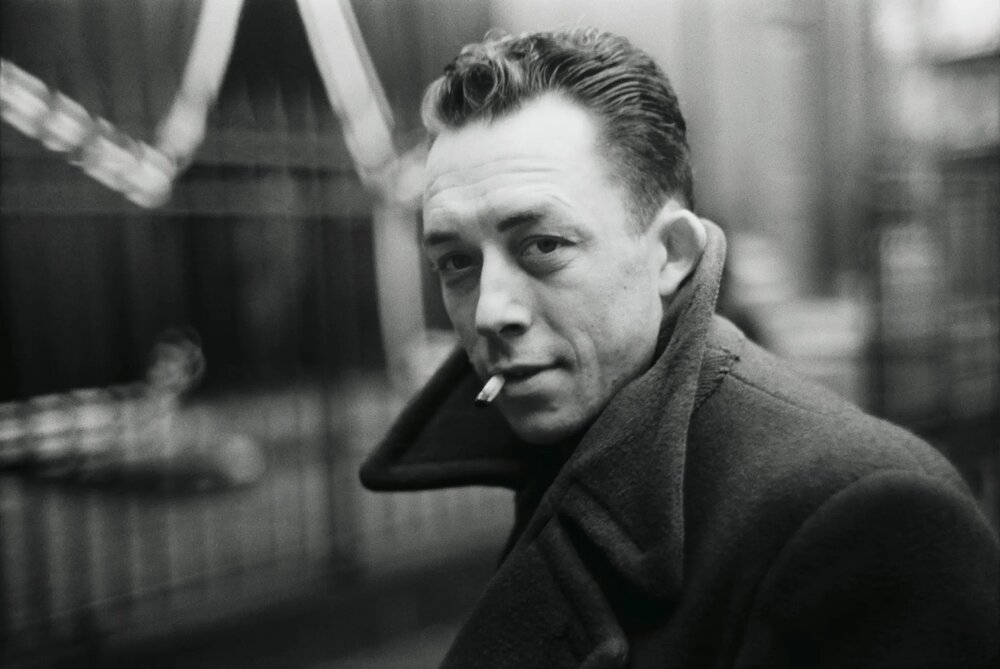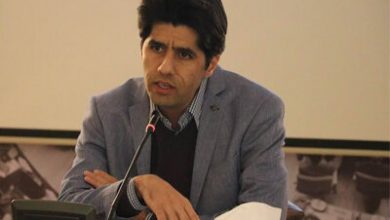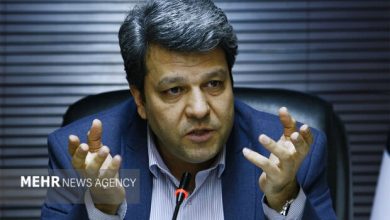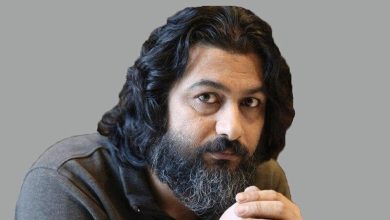
Camus was a genius. Few people do not read his writings and appreciate his talent. During his long life, he wrote many important novels, media, and plays, among them The Plague (1947). The word plague, in all its visible and illusory meanings, had occupied his mind for a long time.
According to the news magazine Faith Camus wrote somewhere in his autobiography: “I am not interested in becoming a philosophical genius,” he wrote. I don’t want to be a genius, because being human is enough trouble for me. But he was a genius. Few people do not read his writings and appreciate his talent. During his long life (he died on January 4, 1960) he wrote several important novels, media, and plays, among them The Plague (1947).
The word plague, in all its visible and illusory meanings, had occupied his mind for a long time. Whenever I read a story of the plague, a clear voice rises from the depths of my heart, poisoned by my anger and the violence of others, which says, above all things, that there is more to praise in men than to humiliate…and everyone has the plague in itself, for there is none in this The world is safe from the plague, and everyone must always take care of themselves, lest in the moment of one’s carelessness they breathe another face and the plague spreads.Their common denominator is the germ, and the rest—health, honesty, and chastity (if we may add)—is the result of the will, which is Unwavering persistence, which ignores as much as possible.
Much has been said and written about this novel and the themes Camus deals with in his novel, and they still get interesting interpretations from it. He said, “I want to use plague to express the suffocating air that afflicts us all and the atmosphere of threat and exile in which we live. At the same time, I want to broaden this definition to broaden the concept of existence as a concept. The plague in this war (WWII) is only intellectual, silent and moral. It is He gives a picture of those who have committed acts of violence. He also said: “We know that the plague has benefits, it opens the eyes, and makes us believe that the plague is like all the evils of the world and like the world itself. “But it also applies to the evils of the world and the world itself to the plague. For people to take any bounty of the plague, we must be mad or cowardly or cowardly to accept the plague when we think of the sufferings of our brethren.A more appropriate term for the plague is flood.
He believed that “everyone should always take care of himself” meant avoiding responsibility and neglect, but he was also a staunch advocate of liberty. Even in a difficult choice, he preferred justice. In his personal diary, he wrote: “In the end I choose freedom, because even if justice is not served, freedom preserves the ability to protest against injustice and preserves the possibility of communication. Justice in a silent world, the justice of a silent people, eliminates cooperation and understanding, denies rebellion and restores acceptance.” , but this time in its lowest and most humble form.This is where we gradually see the primacy of the value of freedom.
The definition of freedom is also important. “Freedom is the ability to defend an opinion that I do not even have in a system or a world that I like. It means the ability to give an opponent the right. At the same time, justice must be demanded, because “if one cannot bargain between justice and liberty, he has failed in everything.”
end of message /










